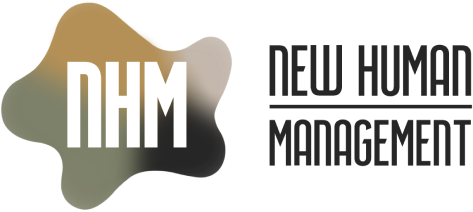Socially (committed) organizations
If changes in society can be seen anywhere, it is with social (involved) organizations, PWC rightly argues in our view.
Socially involved organizations are mostly dependent on subsidized cash flows, gifts, donations or membership fees. More than ever, it is important to work on innovation but also to define a sustainable course. This course includes a congruent type of leadership (management) as well as personnel. Socially engaged organizations have traditionally been attractive employers, but in times of tight labor markets, it is all the more important to connect matching individuals to the organization who fit the organizational culture and nature.
Shaping professional execution together sustainably to ensure continuity?
We can help integrate innovation and a sustainable strategy. Together, we work on congruence in leadership and finding the right people who develop competencies that truly match their personality. Together, we help connect stakeholders by finding and strengthening common interests.
We help you convert social involvement into sustainable success.
New Human Management has developed appropriate tools and interventions for this purpose and helps you to achieve the goals set.
For whom is this interesting?
Community (engaged) organizations and its stakeholders are in a wide range of sectors. Some examples where NHM's unique science-based and proven approach can make a difference:
- Housing Associations
- Educational institutions
- Welfare organizations
- Healthcare institutions
- Charitable organizations
- (Professional) Sports associations and organizations
- Shareholder(s)
- Supervisory Board (SB).
- Supervisory Board (BoS).
- Advisory Board (BoA).
Questions often received
These are very diverse and touch both the internal organization and the environment in which it operates. Some examples:
- How can we ensure less overhead and better processes?
- What should be organized in the primary process and what as support services?
- How do we convey our added value to grantmakers?
- How can we prevent information fragmentation?
- What is actually our true identity (organizational nature)?
- What do we organize centrally and what decentrally?
- Who are our stakeholders, how do we manage them and how do we strengthen each other?
New Human Management adds a new dimension to the world of social (engaged) organizations in this unique way.
